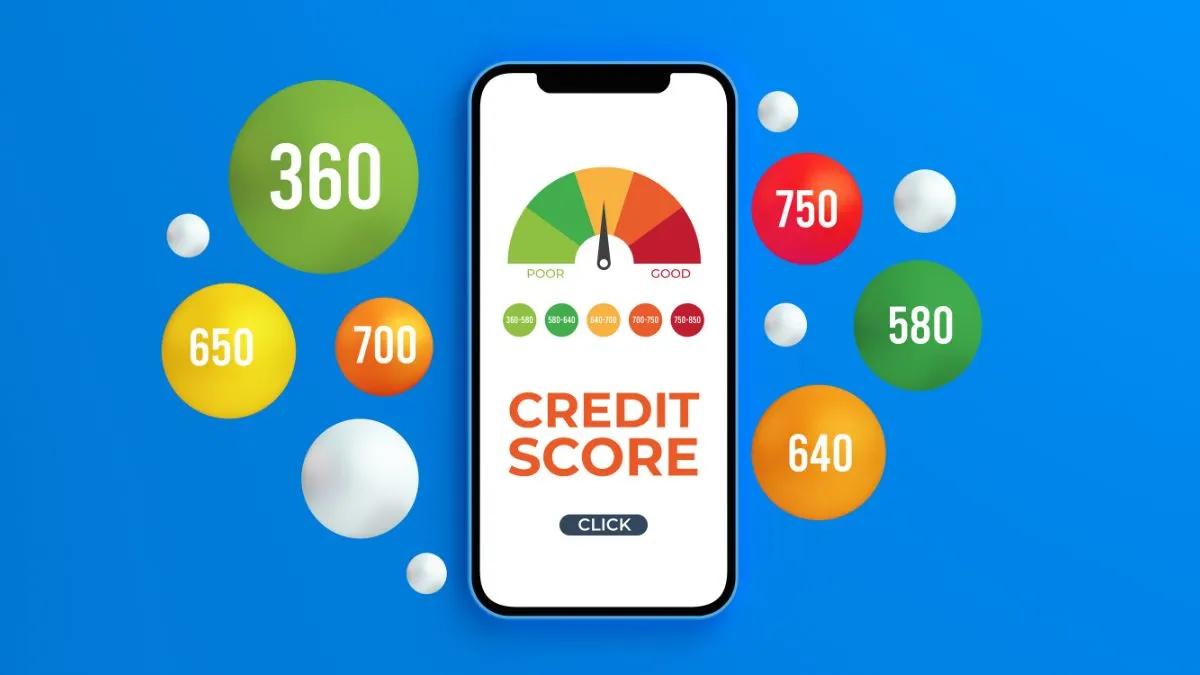- By Aditya Pratap Singh
- Thu, 02 Jan 2025 03:21 PM (IST)
- Source:JND
In today’s economic scenario, loans and credit card applications are mostly given to people based on the available credit, however, there are some important determining factors. Probably the most important of all is your CIBIL score. Let’s take a look at what it is and what it can tell you about your ease of access to credit.
What is the CIBIL score?
CIBIL is the name of Credit Information Bureau (India) Limited; it is the oldest credit rating agency in the country, licensed by RBI. CIBIL score reflects the credit history of an individual, helping the lender understand how much of a borrower the applicant is likely to be. In this case, the score runs as a three-digit number between 300 and 900. Therefore, the higher the score, the more likely it is to be approved for loans and credit cards.
The ideal score should be above 750 to demonstrate strong creditworthiness. It is calculated using several parameters: credit card usage, prompt repayment, history, and type. Lenders often check it before deciding on your loan applications or your credit card applications.
Improving CIBIL Score
Improving your CIBIL score is not something that happens overnight, but consistent efforts can gradually improve your score. Here are the key steps you need to follow:
1. Pay your EMIs on time
Paying your loan or credit card EMIs on time is key to a healthy credit score. Missed payments will attract penalties, but they will also lower your score. You can keep track of deadlines by setting reminders on your phone or email calendar to avoid late fees.
2. Pay your credit card balances on time
Plan your finances regularly to keep track of your credit card balances. Credit card debt has a tendency to build up more debt than you can afford to pay, as its heavy usage shows bad credit behaviour, which can affect your credit score. But when you can’t pay the bill in full, pay the minimum amount to avoid being flagged as a defaulter by your credit card issuer.
3. Don’t apply for multiple lines of credit
Credit inquiries can be categorized as soft and hard. A soft inquiry occurs when your credit score is checked, and it doesn’t affect your score. A hard inquiry occurs when a lender or credit card issuer reviews your credit report for your application. While a single hard inquiry probably won’t make a significant impact on your score, multiple inquiries within a relatively short period of time can indicate to a lender that you’re desperate for credit. This can make lenders nervous, and they may reject your loan or card application.
4. Keep old credit card accounts open
Having a long credit history is beneficial. A lender is always attracted to an application because of the length of your credit history. They will have a good basis for understanding whether you’ve managed your credit reliably. Avoid closing accounts on old credit cards even if you are not using them, as keeping these accounts will give you a positive credit history.
By implementing practices like regular financial activities and making these practices a regular routine, an improvement in one's CIBIL score and chances of getting more loans from financial institutions can gradually happen.


